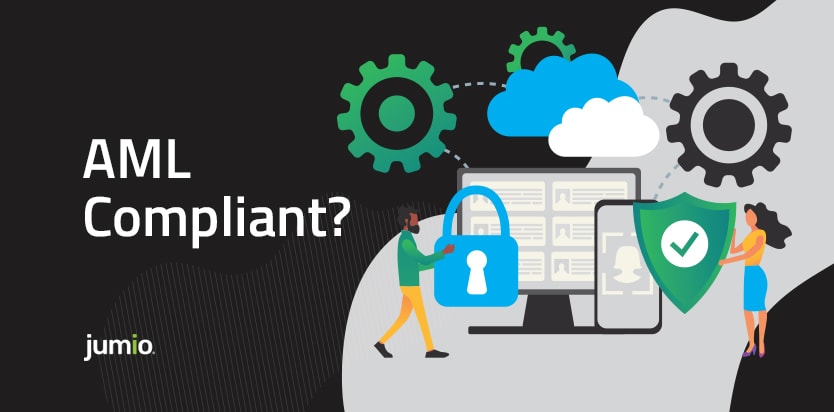
Running a business requires staying compliant with many local, state and federal regulations. One vital responsibility for management is creating and running an anti-money laundering (AML) compliance program. AML rules are meant to stop criminals from disguising illegal money as legitimate profits.
AML has become a focus for many financial institutions and other related industries over recent years. But the laws have grown increasingly complex. In order to comply with AML regulations, companies have to include certain key elements in their anti-money laundering programs.
What Is an AML Compliance Program?
An AML compliance program is a formal effort on the part of your company to enforce AML regulations. At a minimum, you need to designate a compliance officer, establish written rules and procedures, establish an education program for employees and create a review and monitoring system. If you do not take these steps, your business can fall prey to financial crimes from drug trafficking, terrorist financing and politically exposed persons.
When your company does not vigorously enforce AML policies, law enforcement agencies and regulators may target it and charge the institution and individuals with a crime. Penalties for these violations increased with the passage of the 2020 Anti-Money Laundering Act and include $1 million fines and 10-year prison terms. Allowing or overlooking money laundering has serious consequences.
How Does a Business Stay AML Compliant?
Money laundering is a pervasive criminal activity. Illegal profits are not worth much if bad actors cannot convert them into usable assets. That means any business with a large financial component is vulnerable to this practice. And while your company may not have any illegal intent, the government cares about results, not good intentions.
Sophisticated cybercriminals have raised your AML risk by making it more difficult to catch their abuses. In response, the government has approved stricter enforcement policies — some that intrude on client privacy.
While your clients still have some privacy rights, they are not as strong as in the past. AML requirements may demand that you take invasive measures on an individual’s or a company’s financial transactions.
AML regulations and regulators are inflexible. If you violate anti-money laundering regulations, even involuntarily, the government will hold your business liable. At minimum, you will face stiff fines and penalties. So to avoid disastrous consequences, your company must put stringent procedures in place to monitor potentially illegal dealings.
Staying AML compliant means implementing several program requirements, such as meticulous recordkeeping and AML screening. Regulation has become a holistic process of government and business enforcement. Your company cannot stay compliant unless you follow comprehensive AML compliance measures.
What Does an AML Compliance Program Need to be Successful?
You may choose to build a more complex system, depending on your specific business, but your company’s AML compliance program needs five key elements in order to be successful. Download our guide, 5 Key Qualities of a Successful AML Compliance Program, to learn how to build an effective AML program at your company.
Updated Feb. 13, 2023

